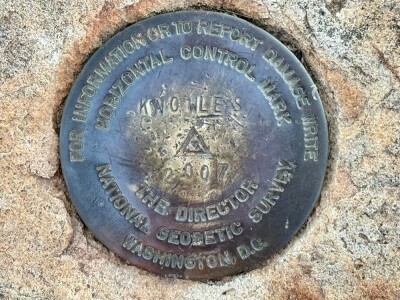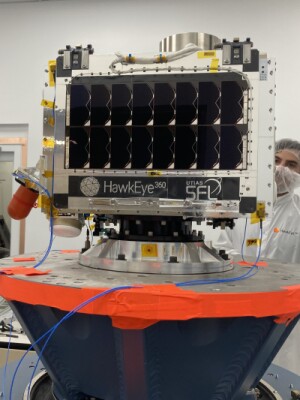I have two kids that are in preschool. As you can imagine, we take lots of pictures and this week we had picture day. Being a preschool they bring in a good photographer and we have always been happy with the pics and especially the fact that I can just buy a digital copy instead of having to buy a package with a bunch of prints I’ll never use. I already have a drawer full of wallet size photos from soccer, gymnastics, Santa and more. Just send me the file, please! The photographer and I know each other and she consulted with my wife, who is an attorney, last year when one of her photos ended up on a book cover without her knowledge or permission.
The story went something like this: Photographer is hired to shoot wedding on a farm. Some of her shots were of the landscape and animals. The bride has a friend putting together a cookbook and asks her friend for any pictures she may have from her farm, she copies her photo archive from her Mac to a USB stick and says, “pick whatever you want”. Book maker pics one of a rooster from the wedding and puts it on the cover, photographer walks by the bookstore and says, “Hey! That’s my photo…”
This week I get my digital copies of my kid’s school pictures and there is an insert in the CD case that states that I have not purchased the image but the right to reprint it for non-commercial purposes and to distribute it electronically through social media so long as I credit the photographer each time I do so. I have to admit, my first thought was, “No. I did not agree to this when I “bought” the files! I’ve done this for years now and you can’t change the product without notice.” In the interim I’ve tried to view the situation from as many other perspectives as possible and all it did was open up a big can of worms for me. I too produce data that has the potential to be commercially valuable to entities outside of the original transaction. I’d argue that the potential commercial value of my data is much higher than a picture of my son! Yet I’m less restrictive to those that purchase my data. Why is that? It all comes down to relative comparisons. With whom do we consider ourselves most similar?
Photographers? I’ve outlined one example but this is example is far from the extreme. With so many private companies providing this service there are several industry groups that help advise on these legal matters and most fall solidly on the “all work product and final images belong to the photographer and you buy a copyright use license” side of things. Getting photographers to toe the line is difficult for these groups. There is an element of art to photography, however, and this allows those in-demand photographers to take this issue on as they see fit. I have a hard time imagining the same working out in 3D imaging as accuracy trumps artistry in our disciplines.
Musicians? Because music’s commercial underpinnings precede the individual’s ability to create copies and to distribute those copies the law here is very different from what we see in 3D imaging. You can own authorship rights, distribution rights, publishing rights, performance rights, and more. This system is falling apart. I live in Nashville, so I probably get more music industry news than most but the current model is unsustainable. Every year they recalibrate so that they can deem someone successful (or not). I’ll just give you one example. The best-selling albums from 2003 & 2013. 2003 was 50 Cent “Get Rich or Die Tryin’” which sold 6.5 million copies. Justin Timberlake “20/20 Experience” was the best-selling album last year and it sold 2.43 million copies. In fact, it was the only album to move more than 2 million units in 2013.
Land Surveyors? The thinking here has typically been that the final deliverable product is the client’s. However, work product (raw data, interim examples, mark-ups, etc.) belong to the surveyor. I tend to go this way, however, it doesn’t work all of the time. If your client is the DoD or a movie company or the creator of products that are patented, their contracts will usually stipulate that they own EVERYTHING you collect while working for them. The real concern here is that you give an electronically signed DWG to a client who then changes something and saves it so that your stamp now authorizes his change.
Architects? Not being a member of AIA, I’m not sure what the official line is. I’ve seen copyrighted drawings, copyrighted designs, and in general a much more “art versus accuracy” tilt. After all, a drawing or model of a design is an art piece before it is an instruction manual.
Software Developers? Try reading the EULA sometime. You don’t own any of your software. You bought the ability to use until the company that owns it says that you cannot (either by phasing it out or mandating upgrades to other versions that you will not own).
So, once again we find ourselves without a clear answer. We have to get a handle on this. As we become more accurate and as 3D printing becomes as ubiquitous as 3D imaging this issue will come to the point where the decision will no longer be in the hands of people in the industry. It will be made by people with much deeper pockets that those that most of us possess. Above all I have to encourage you to address this issue in the proposal phase as opposed to when the data is delivered as my photographer did. There can be genuine disagreement over data ownership policies but there’s no excuse for poor customer communication. A surprised customer is rarely a happy one…






